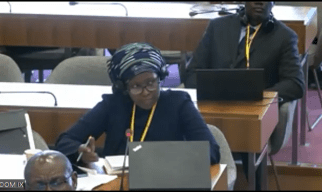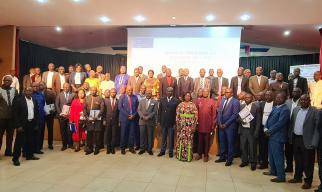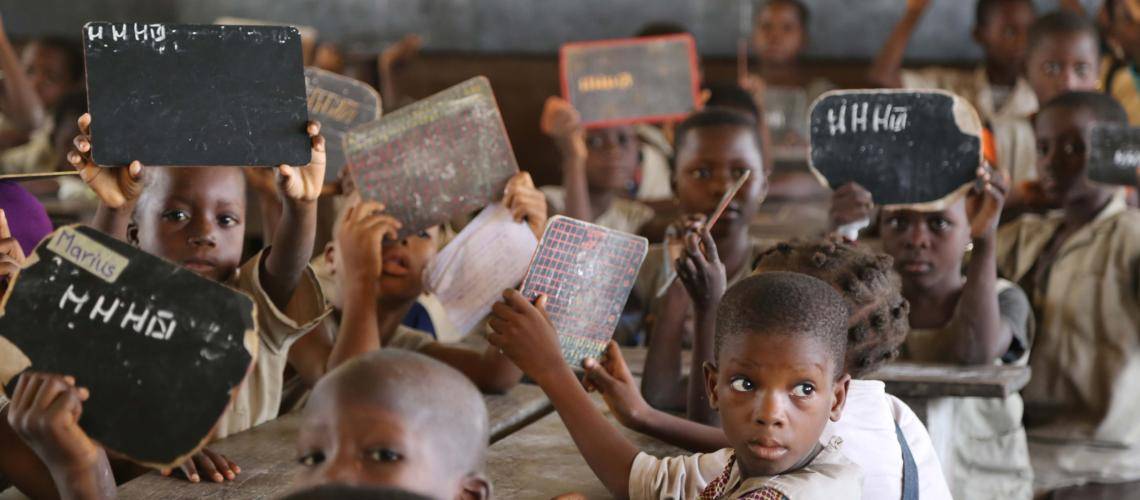HUB overview
A key component of KIX is a knowledge sharing and exchange function, where country representatives come together to share information, innovation, and best practices related to education policy and programming and to inform knowledge gaps and policy priorities. Four regional hubs act as knowledge brokering units for KIX. This page provides information on the hub that primarily oversees activities in West and Central Africa and the Indian Ocean.
About the Hub
The KIX Africa 21 hub brings together countries that share common educational and linguistic history, geography, and environmental characteristics, in addition to similar socioeconomic challenges. The Africa 21 hub facilitates cross-country knowledge exchange and mobilization, learning, synthesis, and collaboration among national education stakeholders in Global Partnership for Education partner countries primarily located in West and Central Africa and the Indian Ocean. The hub functions as a regional forum within KIX.
Approach
The hub provides a platform where educational innovations and knowledge on access, equity, and quality of education will be analyzed. Key lessons will be drawn to develop effective policies and programming that will address these challenges. Among other important issues, the hub will focus on mitigating the effects of conflict on education systems and facilitating the exchange of experiences, best practices, and tools in this area. A systemic approach will be applied that includes
- Fostering regional knowledge exchange and building the capacity of hub members to identify, use, share, and mobilize evidence within priority policy challenges.
- Producing and disseminating relevant knowledge and evidence syntheses to relevant actors.
- Advancing effective regional mobilization and knowledge and evidence uptake.
About the region
Educational development is a top economic and social development priority in most of the region, which includes many of Africa’s least developed countries. However, universal access to education and gender equality remain significant challenges within their education systems. Globally, this region accounts for one-third of primary school aged children who are out of school and one-fifth of lower secondary aged children who are out of school. Children’s abandonment of school is of particular concern in the nine countries that cross the Sahel region, where armed conflicts have resulted in major population displacements
Activities


Contact


